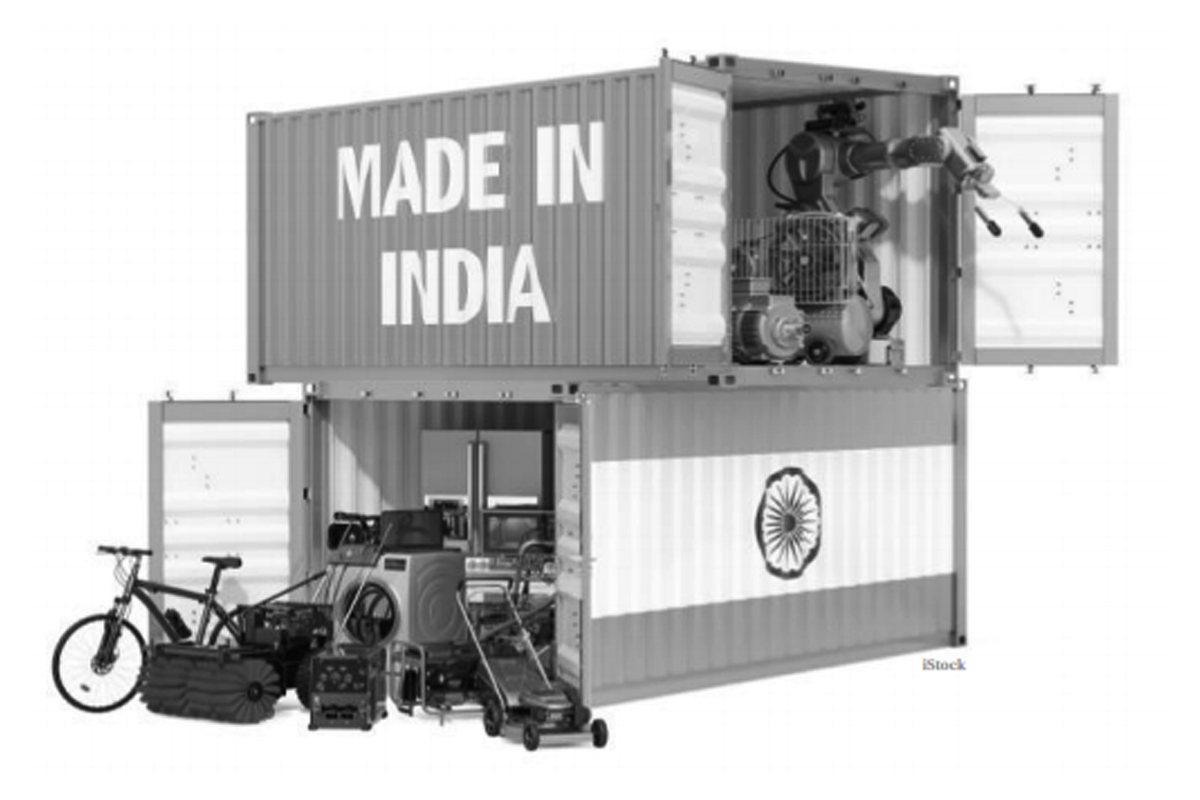The Modi Government conceived notable campaigns such as Make in India, Swacch Bharat Abhiyan, Transforming India’s Development Agenda and more recently Atma Nirbhar Bharat, amongst others, that have been widely welcomed by a large section of society.
These campaigns are meant to reflect the changed dynamics of India, defined by its growing aspirations. Hence it becomes imperative for the Government in power to lead the country towards fulfilment of aspirations of its citizens as well as stand tall in the global forum.
Advertisement
The zeal of the Prime Minister is worth applauding but successful outcomes depend on how effectively our various institutions/government departments work in unison, with their well-defined roles.
The transformation processes entail anticipated and planned changes as well as bear consequences of market forces and global impacts. The success of such potential concepts depends upon well thought out matching actions aimed at catalysing growth. In the process, it is also necessary to create awareness, positive perceptions and acceptance to such actions in the minds of the general public.
When the intent is good and communicated suitably, understanding and appreciation happen automatically. Self-reliance calls for a changed mind set with regard to existing norms or premises in the government’s think tanks.
For instance, the Central Vigilance Commission in August last year felt that the current Government Tendering based on Least Cost or L1 needed a revisit. In the present times, when procurement of Works and Goods requires to address the need for high-end complex technology based solutions, quality parameters and value for money in award of contracts, the ‘Least Cost Selection’ method is neither the most appropriate nor capable of delivering the results commensurate with the high growth trajectory of development envisioned for the country, especially in high impact infrastructure projects or setting up of complex processing units or purchase of a ‘State of Art’ machine/ equipment.
Besides, how long will our expanding urban areas continue to suffer on account of insufficient and faulty infrastructure, deficiency in goods and services? How long will projects remain stalled due to arbitration or run well past the costs and timelines for completion? The ambitious plans for the country, besides the popular campaigns of the Prime Minister, include Smart Cities, creation of Indian Companies of global standards, need to have strong pillars in place – proactive, participative, inclusive, sustainable and transparent.
For this to happen we need a change, post haste in Procurement Policy, from Least Cost to Lowest Workable Rates, wherein parameters of quality have also been integrated. Any supporting policy will fetch results only when done in consultation and collaboration with concerned stakeholders so as to strengthen the Policy Framework to assist in building an Atma Nirbhar Bharat.
The writer is Chairman, Infrastructure Committee of Consulting Engineers Association of India.











